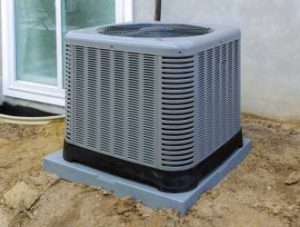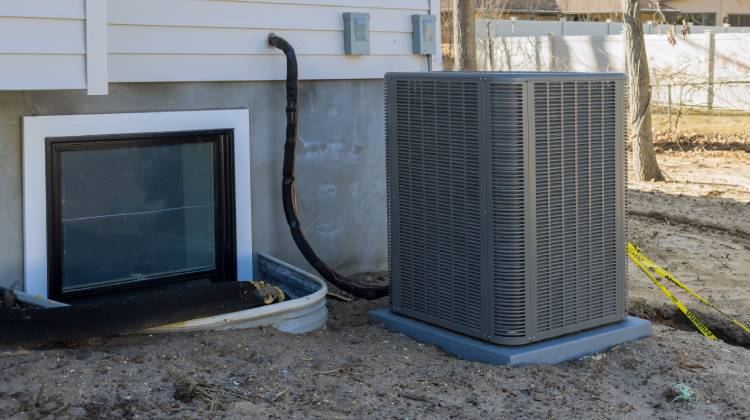Selecting the right HVAC system is a critical decision for any homeowner, directly impacting indoor comfort, energy consumption, and overall air quality. This comprehensive guide will explore how to determine the most appropriate HVAC system for your home, taking into account factors such as size, local climate, and energy efficiency. It will also detail different types of systems and offer tips on choosing the best one for your specific needs.
Assessing Your Needs
Home Evaluation: Start by evaluating the size and layout of your home. Square footage, ceiling height, window placement, and insulation quality all affect which HVAC system will work best. Larger homes may need more powerful systems or zoned systems to handle different areas efficiently, while smaller homes may benefit from simpler setups.
Existing Infrastructure: Consider whether your home has existing ductwork. Homes with ducts might be better suited for traditional central air systems, which can be less costly if infrastructure is already in place. Homes without ductwork might find better value in ductless systems, which require less invasive installation and offer flexibility in heating and cooling individual rooms.
Personal and Environmental Goals: Think about your household’s specific comfort needs, such as allergies, humidity control, and preferences for temperature zones. Also, consider your environmental impact goals—opting for a high-efficiency system can reduce your carbon footprint and energy bills.

Understanding HVAC Types and Their Suitability
Central Air Conditioners: These are excellent for consistently hot climates where cooling is a priority. They work by circulating cool air through ducts and are efficient for large spaces. They can be paired with heating systems like furnaces for year-round climate control.
Heat Pumps: Best for areas with mild winters, heat pumps are efficient devices that transfer heat rather than generate it. They serve dual purposes—cooling your home in the summer and providing warmth in the winter. Consider a dual-source pump that combines features of air-source and geothermal systems for greater efficiency.
Ductless Mini-Splits: Ideal for homes without existing ductwork, additions, or when you need to control the temperature in specific zones or rooms without affecting the whole house. Each unit operates independently, which can lead to significant savings in energy usage and costs.
Furnaces: If you live in a region with harsh winters, a high-efficiency furnace may be necessary. These systems come in various fuel types, including gas, electric, and oil. The choice depends on the availability and cost of fuel in your area as well as personal preference for eco-friendliness and efficiency.
Energy Efficiency Considerations
Efficiency Ratings: HVAC systems are rated by SEER for cooling and HSPF for heating. Choosing systems with higher ratings can drastically reduce your home’s energy use and lower utility bills.
ENERGY STAR Certification: Always look for ENERGY STAR-certified products. These not only meet stringent energy efficiency criteria but also often qualify for additional rebates and tax credits, providing more savings.
Advanced Features: Many modern HVAC systems include features that enhance their efficiency and ease of use, such as programmable thermostats, smart home integration, and variable speed motors that precisely control air flow and temperature, adapting to your needs in real time.
Professional Installation and Long-Term Service
Choosing the Right Installer: Installation is just as important as the type of system chosen. A poorly installed HVAC system can negate any benefits of choosing a high-efficiency model. Select a reputable and certified installer with experience in your chosen system.
Maintenance Considerations: Regular maintenance is essential to ensure your HVAC system remains efficient over its lifetime. Look for a provider that offers comprehensive service agreements, which can help extend the lifespan of your system and catch issues before they become costly repairs.
Why Choose Plumbing HVAC OC?
Selecting and installing an HVAC system in your home is a significant investment. With Plumbing HVAC OC, you gain access to a team of seasoned professionals who will guide you through every step of the process. From choosing the right model based on your specific home and climate needs to expert installation and regular maintenance, Plumbing HVAC OC ensures that your new system is perfectly suited for your space and optimized for efficiency. Trust Plumbing HVAC OC to enhance your home’s comfort and help you achieve long-term energy savings.

